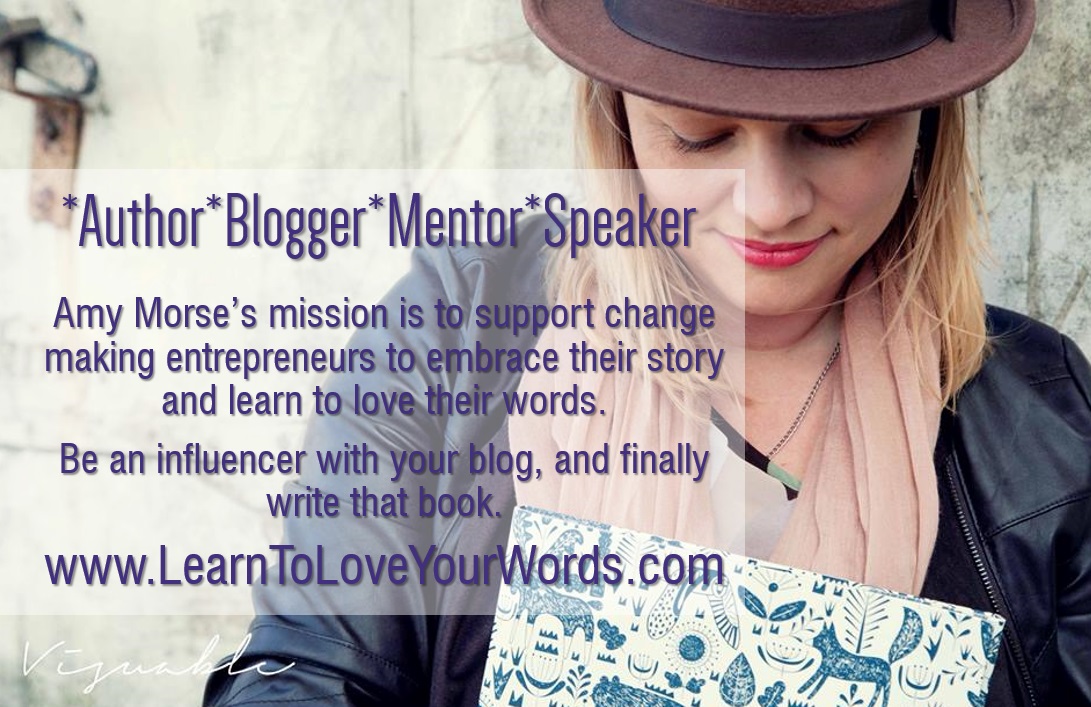Very few of us set out to deliberately upset others. When we do so unintentionally it can be mortifying. But what about being deliberately contrary or controversial?
Where are the limits?
Find Your Limit
Telling someone where to establish their own boundaries and how controversial to be is a little like defining the length of an unseen piece of string!

Only you can decide where your boundaries lie. You are the only one who knows how vulnerable and how personal you want your public face to be.
Show vulnerability but know your boundaries – and once in a while, push them a little to see where they take you. You might be pleasantly surprised by the reaction you get!
Sharing your vulnerability, showing the world that you are human too and your life isn’t perfect is part of your story, it’s part of who you are and why you are where you are today. If nothing else, it can be extremely cathartic to write about it, to share it, to be heard.
Share your vulnerability, but be prepared for others to disagree, and even attack you for it.
You have no control over what someone else thinks of you, just how you react to them. You can’t force your ideas, assumptions and opinions on someone else, but you can control how you present your case and be persuasive without being aggressive or disrespectful.
Not everyone who responds will be as respectful as you are, but don’t let those few haters ruin it for the rest of us! Hold true to your values and you will always have the moral victory. Those who respect you will love you for it (even if they don’t necessarily agree).
Be Authentic
As a business, it’s your job to serve the people you serve. Not to please everyone. If you try to be all things to all people you end up being nothing for anyone. You’ll be bland, uninteresting and infinitely forgettable. No business has succeeded by trying to please everyone.
People want to get to know you, then like you and those that like you want to be able to trust you. Only then will they become customers or advocates.
If you are going to express a controversial opinion or present facts in a way that will upset some people, do it with authenticity. If you don’t, you can come across as hypocritical and lose the trust of the people you want to win over.
We can all spot a faker a mile away.

If you make a controversial statement, stand by it.
For example, don’t get all preachy on social media about being #plasticfree then package your products in single-use plastics. Your behaviour and the values behind your business should be aligned.
There have been high profile campaigns in the press where big brands have claimed to have one standard then have advertised in places that represent an opposite view.
Own It
If you said it, and you believe it, stand by it. Take responsibility for it. It’s your business, after all, the buck stops with you!

No one trusts a back-peddler.
Many famous figures have fallen from grace or had their careers destroyed by publicly and inexplicably changing their stance on an issue, saying one thing and doing the opposite, cultivating a public profile for one thing and behaving in a way contrary to that.
Changing your mind is fine, as is apologising for your mistakes. But don’t weasel out of it, or blame someone else. Back it up, otherwise you can look like a fraud, a coward or a liar.
It’s Okay To Disagree
It’s okay to criticise someone’s argument or position. It’s okay to have a different opinion.
It’s not okay to personally attack someone or use irrelevant ‘evidence’ to back up your version of the story.
As long as you stick to those principles, you can confidently own your statements.
Yes, there will always be people that will take it as a personal slight, but that’s their choice, not yours.
There will always be haters. There will always be trolls. But if you can spot them, so can everyone else. Our interconnected world makes it easier than ever to attack and disappear into obscurity.
Engage those that disagree respectfully in an appropriate debate, so far as you feel able. Criticism is healthy for us. It’s how we learn, articulate ourselves and fortify or adapt our positions.
Don’t engage with the haters. Ignore, block, report if necessary. But know the difference.
Be In The Debate
Healthy debate respects other people’s right to have a different opinion to you.
Debate allows you to back up your argument with factual information, but be clear when it is just your opinion. Healthy debate is done so in a positive and assertive way, but you must also fact check your information. Many ‘facts’ are really just opinions.

If it’s a cause you are passionate about, a cause that defines the business you run, embrace it. Become an authority on the subject. Be an ambassador for a particular point of view. Become a leading figure in the debate and your business will thank you for it.
“Being controversial can be brand defining” (Tweet This)
Facts Vs Opinions
In the age of 24-hour news we are bombarded with speculation and assumption presented as ‘news’. It’s often just politically motivated opinion presented as facts. Take everything with a pinch of salt and check your sources before you foist your opinion on someone.
Admit it, we all do it from time to time!
World-changing decisions have been made based on an opinion being repeated so many times it’s accepted as fact.
The credibility of your business is at stake here.
“If you choose to make a stand, make sure you don’t do so on shaky ground!” (Tweet This)

Quick Step Test
Here are my quick references to test your own boundaries:
- Attack the argument, not the person
- Be clear when you are voicing an opinion
- The fewer boundaries you have, the deeper connection you will make with the people that want to be part of your world
- If something stirs a strong emotional reaction in you (usually anger in this context), take a moment to critically analyse the source. Is it written in deliberately emotive language? Are you being manipulated? (The tabloid press are experts at this approach, because fear and anger sells papers!).
- If you have to ask, “Should I Write that?” – Take a breath, step away for a while then come back to it. Double-check your facts, ask for a second opinion and make your decision from a logical, rather than emotional standpoint. If it still feels wrong, don’t do it!
- What are your instincts telling you? Listen to them, then look at the facts dispassionately before you present them.
Move Forward With Positivity
When I offer feedback to the businesses I work with on their blogs, by far and away the best ones, and those I enjoy reading the most, are the blogs that tell a story. The ones that show vulnerability and struggle. The ones that unapologetically voice a clear and strong opinion.
Everyone loves a little controversy, it makes for a great story!
Anyone can write safe, jargon-cluttered, pastiche blogs – which is why no one cares about those.
I hereby give you permission to be controversial, but to do so sensitively and respectfully.
Great writing divides opinion, just as great businesses do.
How controversial are your blogs?
Would you appreciate a 2nd opinion; a professional writer to give you constructive criticism on your content?
Book in a free 30-minute Inspiration Session for some quick tips and advice to move forward with your business.
